As an African-American and a citizen of the United States of America, I am considered a threat. The color of my skin has the ability to make an armed police officer feel unsafe. I am capable of drawing negative attention from cashiers at CVS as I walk out empty handed, concluding I’m a thief.
Equating black people with fear has been a common stereotype for decades, but I didn’t realize how real it was until it happened to me.
A few weeks after the Michael Brown shooting, I was pulled over in downtown South Norwalk after accidentally running a red light. The police officer approached me in a very suspicious manner. He simultaneously questioned me while looking at the back of my car with his flashlight.
Before even telling me what I did wrong he said, “Do you have any drugs and alcohol in this vehicle?” Without any hesitation I replied no.
I explained to him that I was anxious because I was unfamiliar with the area and disregarded the traffic lights. “I’m from Westport,” I said. The officer’s attitude immediately changed.
I was confronted by two stereotypes. The first was that I was a black female. The officer assumed I was from a lower socio-economic community, and therefore was viewed as a threat.
The second, after announcing I was from Westport, made the police officer perceive me as a totally different person. The stereotype of a black female was automatically cleared, simply because of the stereotype that people from an affluent community, like Westport, do not have dangerous people living in it.
The officer released me with an, “Alright, drive safe.” No ticket or charge.
I was angry. I was a victim of a stereotype. Yes, I didn’t get a ticket because I’m from Westport, but it was extremely offensive to be considered a threat because of the color of my skin.
My question is who constitutes these stereotypes? An unarmed teenager wearing a hoodie carrying a bag of skittles and iced tea? An unarmed teenager walking down the street with his friend? An unarmed man surrendering after selling unlicensed cigarettes?
According to the stereotypes, only black people pose these threats. And their cause of death? Being black. My scariest thought was that If I didn’t say the words, “I’m from Westport” would I have been assaulted, too?
Meanwhile, James Holmes, a white male who gunned down and killed 12 people in a theater, injuring 70 more, was portrayed by the mainstream media as shy and a loner. Instead of holding him accountable for his actions, they blamed his mental disorder.
Although people bring up the argument that the officers who killed these black men were just officers doing their job, it is the job and responsibility of an officer to protect our society, not to fatally shoot the men of our country who surrendered in fear to them.
Until the system that is supposed to assure us moral and lawful equality is reevaluated, the phrase our country operates by, “All men are created equal,” has absolutely no meaning.













































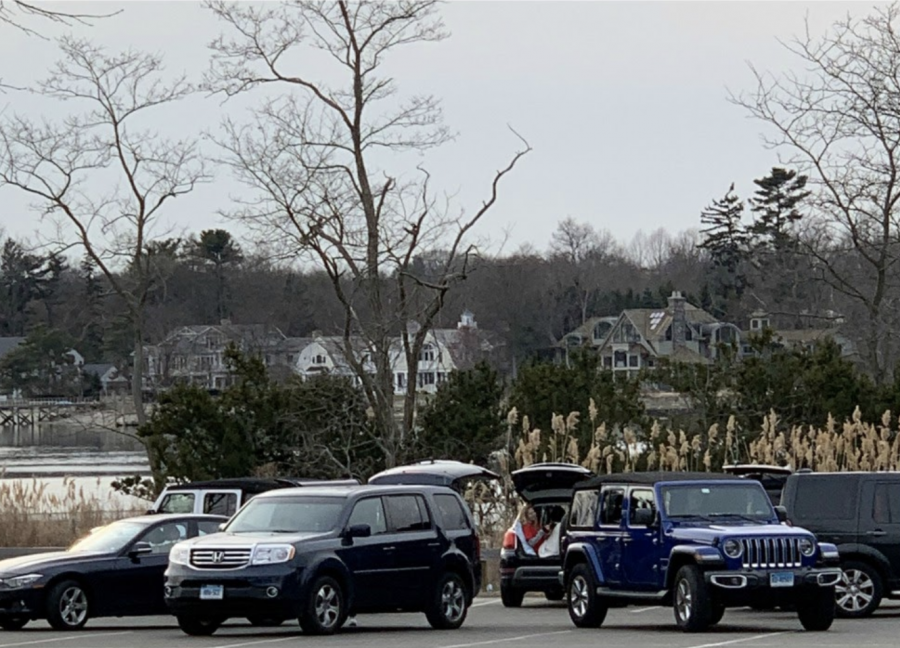
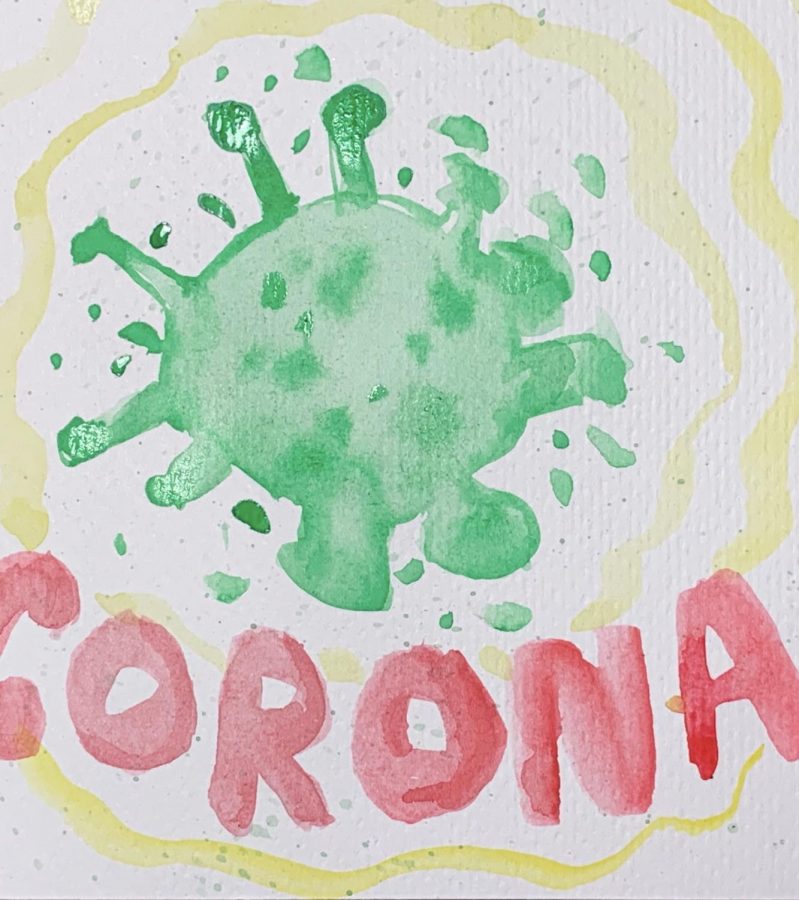
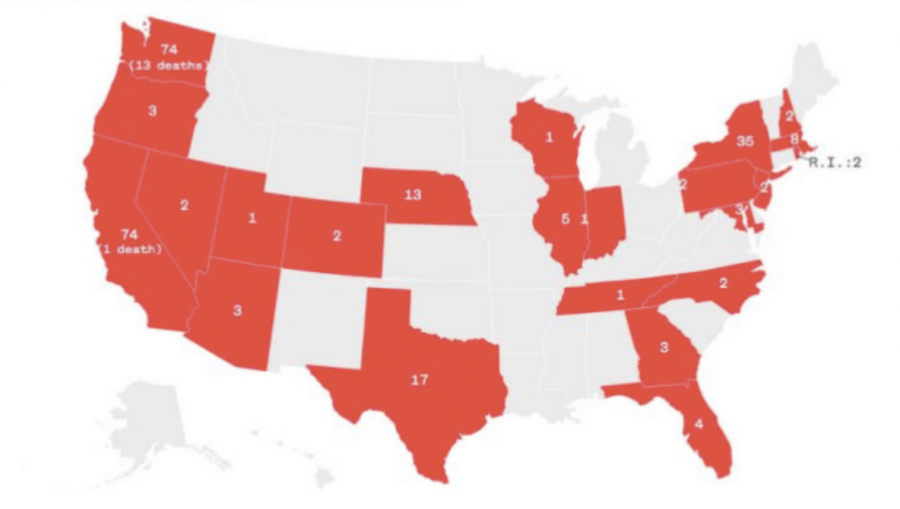
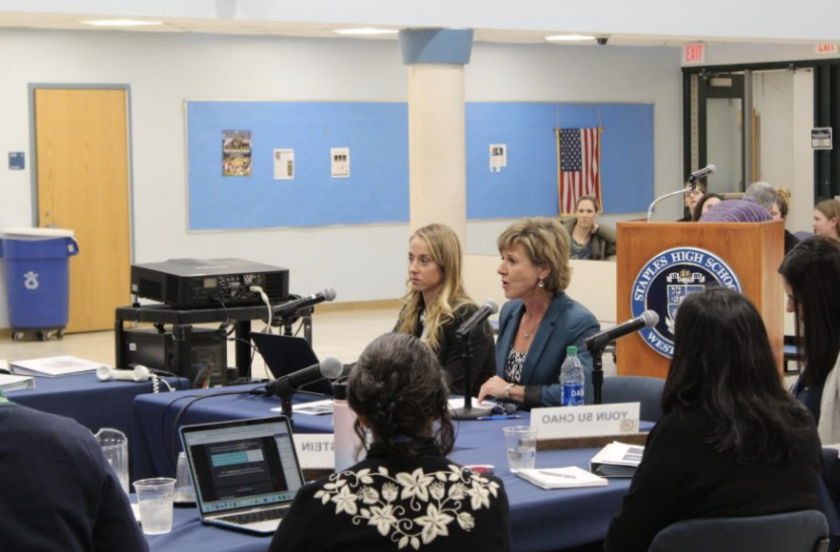
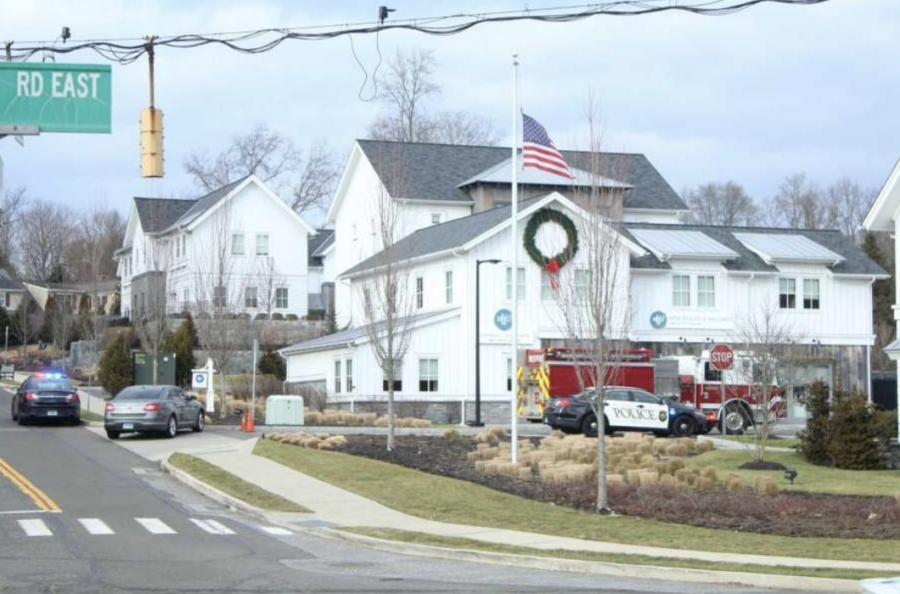
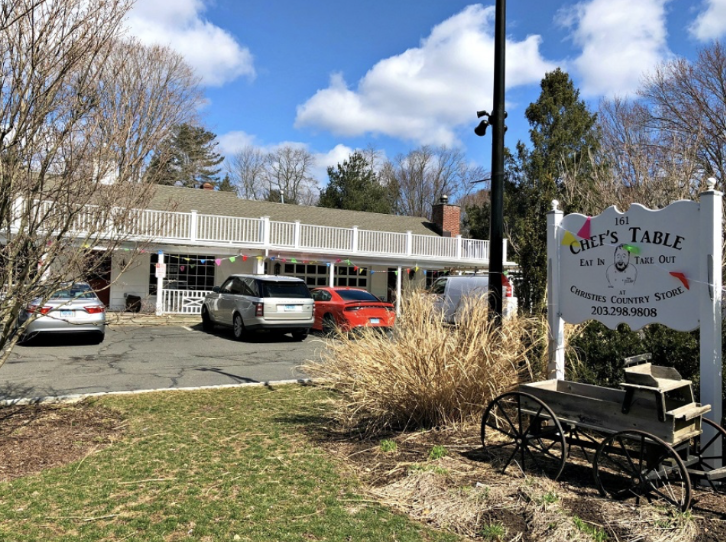


Gary • Dec 8, 2014 at 10:46 pm
Maybe if you didn’t run red lights you wouldn’t be pulled over. Police officers will ask any teen if they have drugs or alcohol, regardless of your race. Many teens make poor decisions before driving, he’s not being racist. Any person would be asked that after going through a red light.